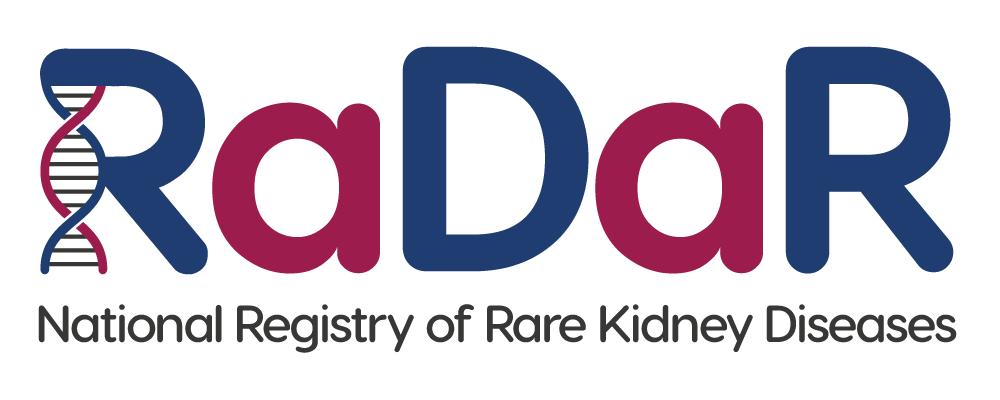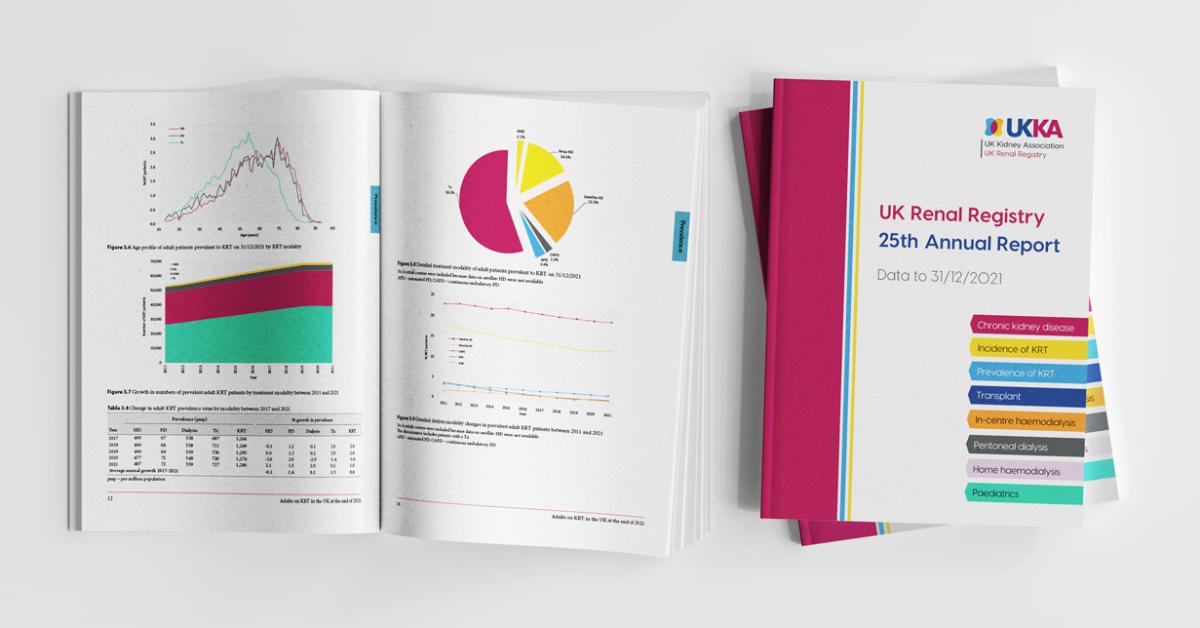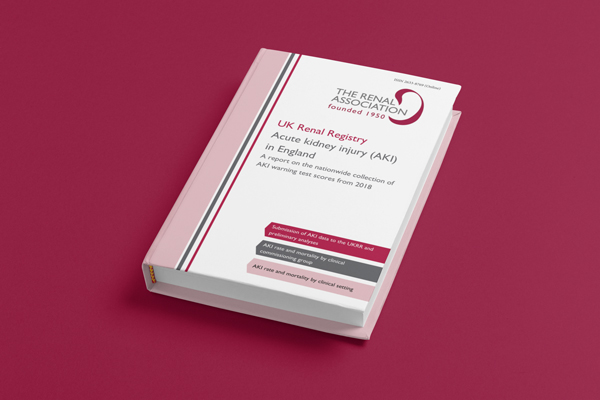Clinician Information
- Dent Disease is a rare X-linked recessive syndrome, thus affecting males. Dent disease primarily affects the kidney, although mild mental impairment in some patients with mutations in OCRL (Dent2 Disease, see below) has been described.
- Approximately 60% of cases are caused by mutations in the chloride-proton antiporter CLCN5, expressed in the proximal tubule. Another 15% (also called Dent2 disease) are caused by mutations in OCRL, the gene initially identified as underlying Lowe Syndrome. In the remaining cases, no mutation in these genes have been found (Dent3 Disease).
- Renal manifestations are initially dominated by a proximal tubulopathy: low-molecular weight proteinuria and hypercalciuria. The latter can result in nephrocalcinosis and/or stones, which is a rare complication in childhood. Metabolic acidosis and hypophosphataemic rickets are rarely seen. PTH is typically low or even suppressed and 1,25 Vit D levels often high.
- There is a large spectrum of severity with respect to GFR, with some patients maintaining normal or only mildly impaired GFR throughout life, whereas others progress to ESKD, although rarely before the fourth to fifth decade. ESKD can occur independent of stones, but recurrent stone episodes will contribute to declining GFR.
- Some patients present with nephrotic-range proteinuria, but without oedema.
- Dent Disease should be suspected in any male found to have proteinuria and/or hypercalciuria.
- Proximal tubular involvement can be confirmed by testing the urine for low-molecular weight proteins, such as retinol-binding protein (RBP).
- Mutations in the underlying genes CLCN5 and OCRL can be tested for. Details for testing in the UK can be found here. Testing for mutations in CLCN5 is currently not available within the UKGTN.
- There is no specific treatment for Dent disease.
- Patients should be seen in a centre with experience in caring for patients with rare tubulopathies. Follow-up includes screening (with frequency depending on symptoms) by renal US for the development of nephrocalcinosis and/or stones.
- In patients with metabolic acidosis and/or hypophosphataemia, appropriate supplementation should be given. Citrate (metabolized to bicarbonate) can provide alkali and may ameliorate urinary calcium precipitation.
- Thiazide diuretics have been shown to ameliorate hypercalciuria in the short term, but their effect on long-term calcium excretion, development of stones and GFR is unclear.
- Long-term renal outcome in children with OCRL mutations: retrospective analysis of a large international cohort. Zaniew, M. et al (2016) Nephrol Dial Transplan.
- Lowe Syndrome and Dent Disease: Two Ends of a Spectrum




